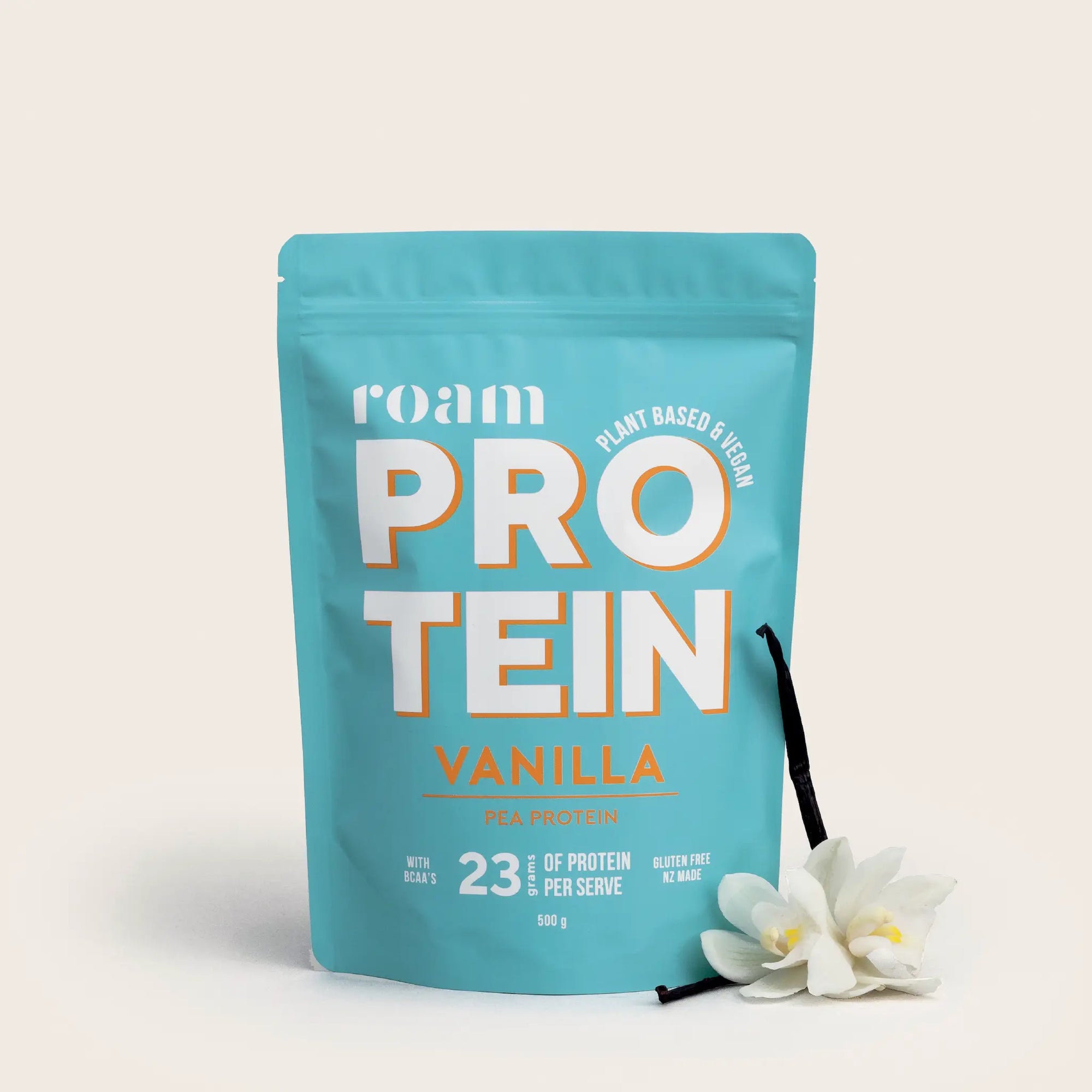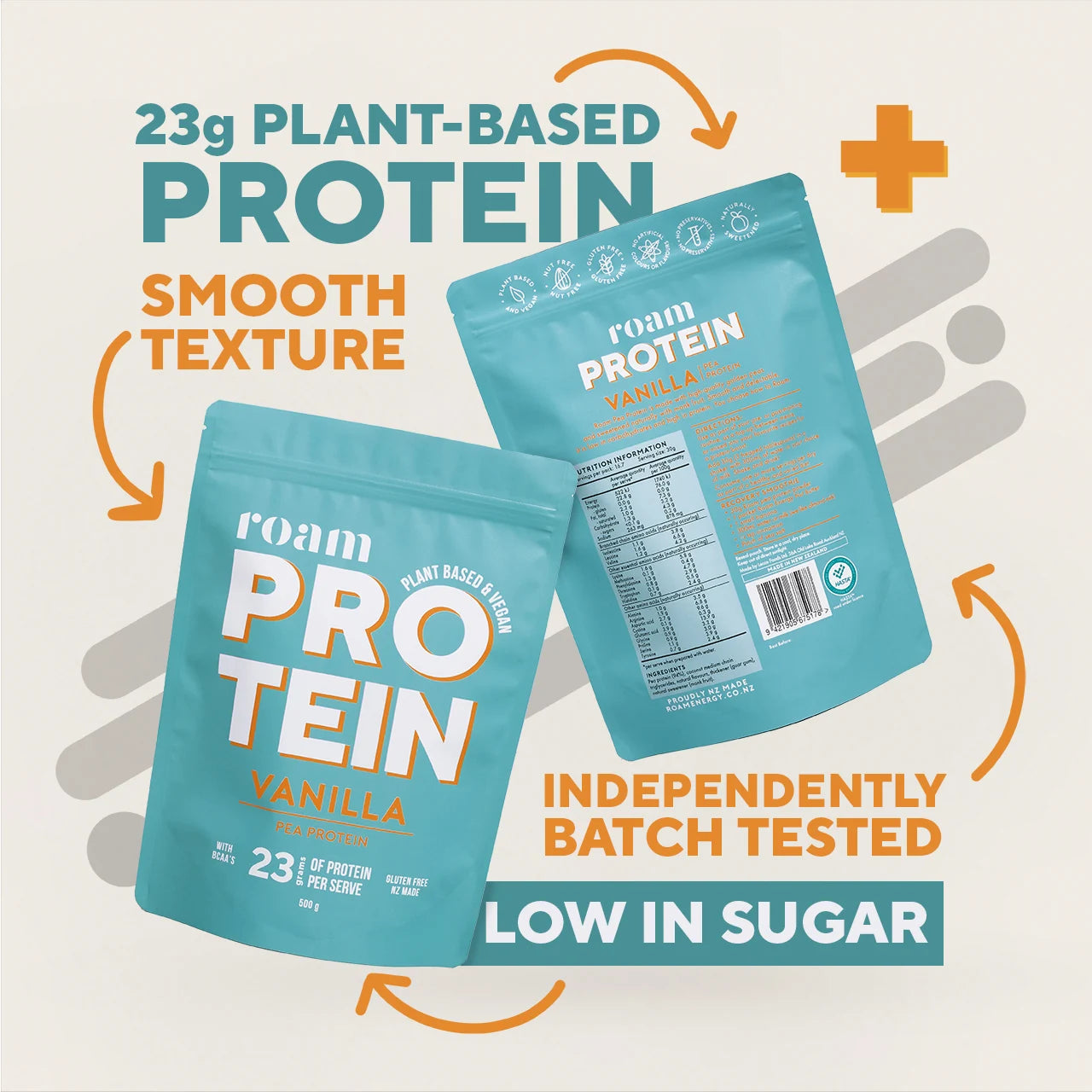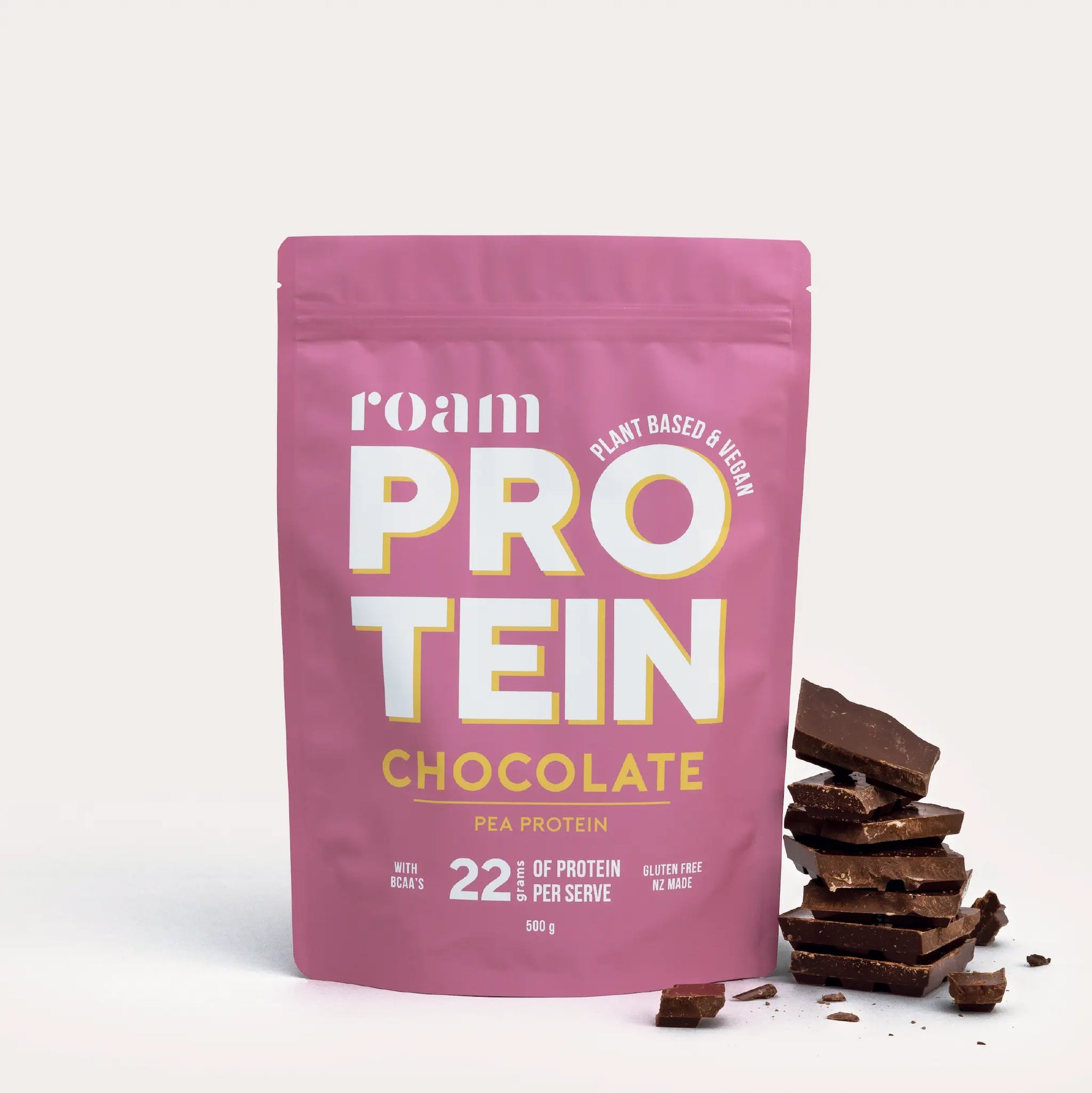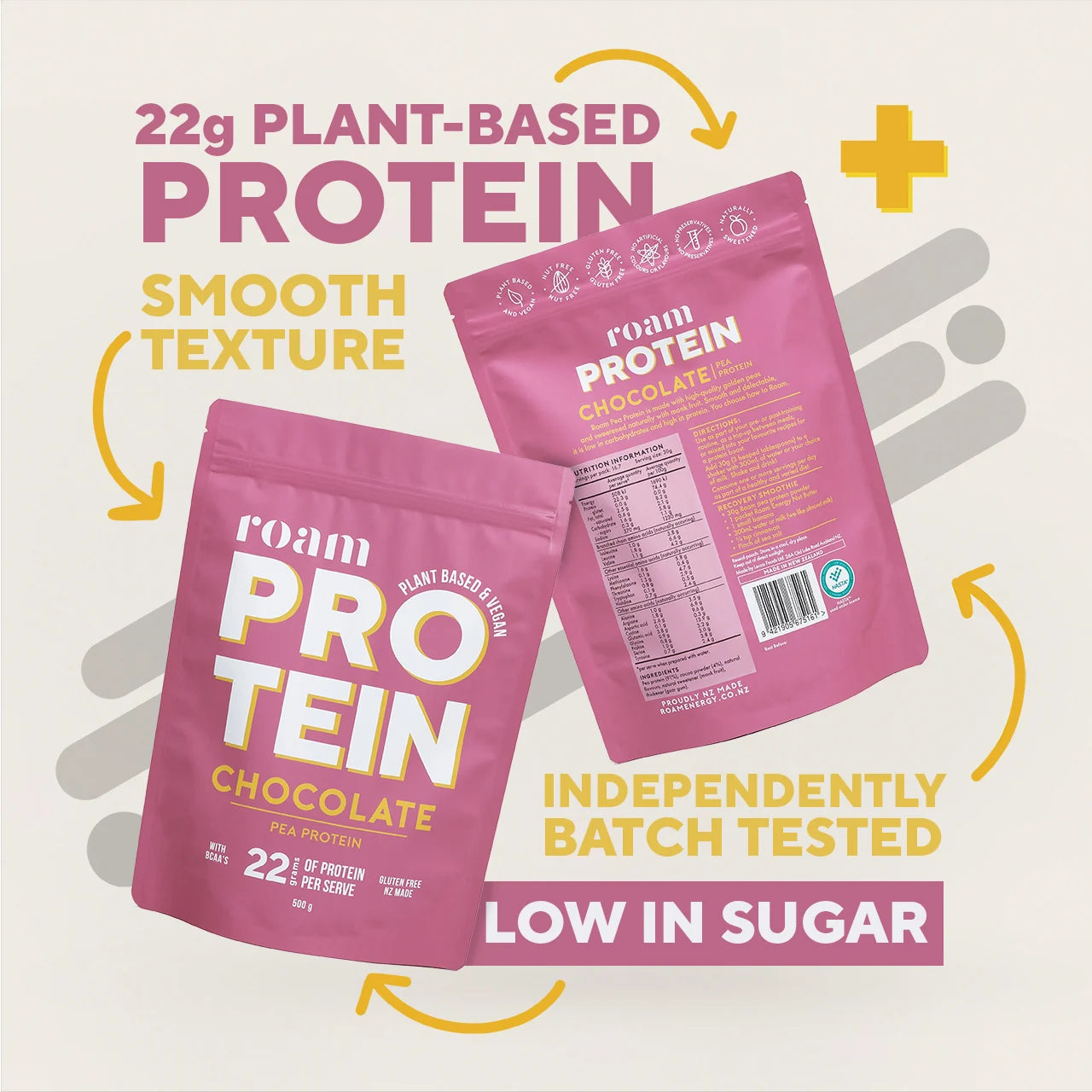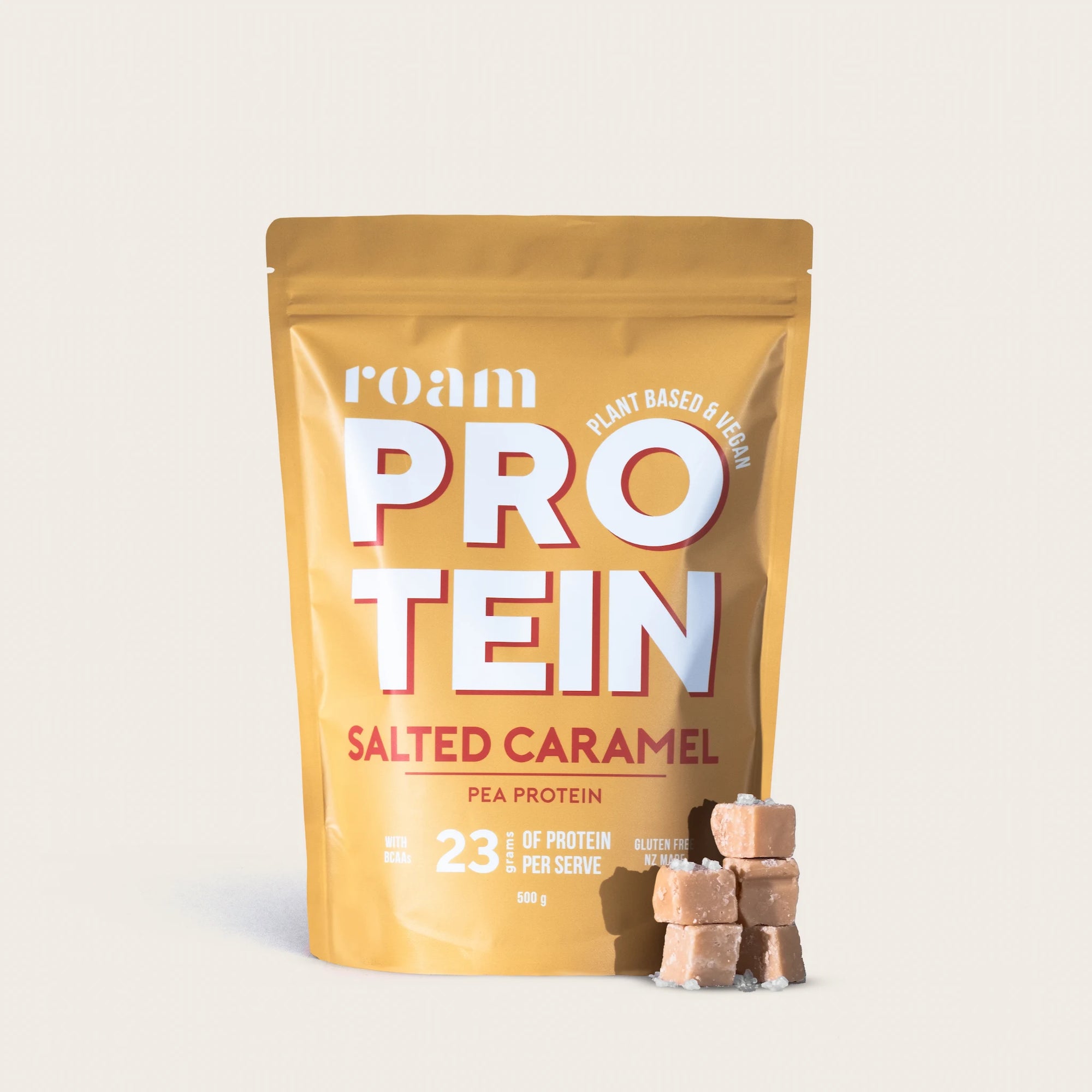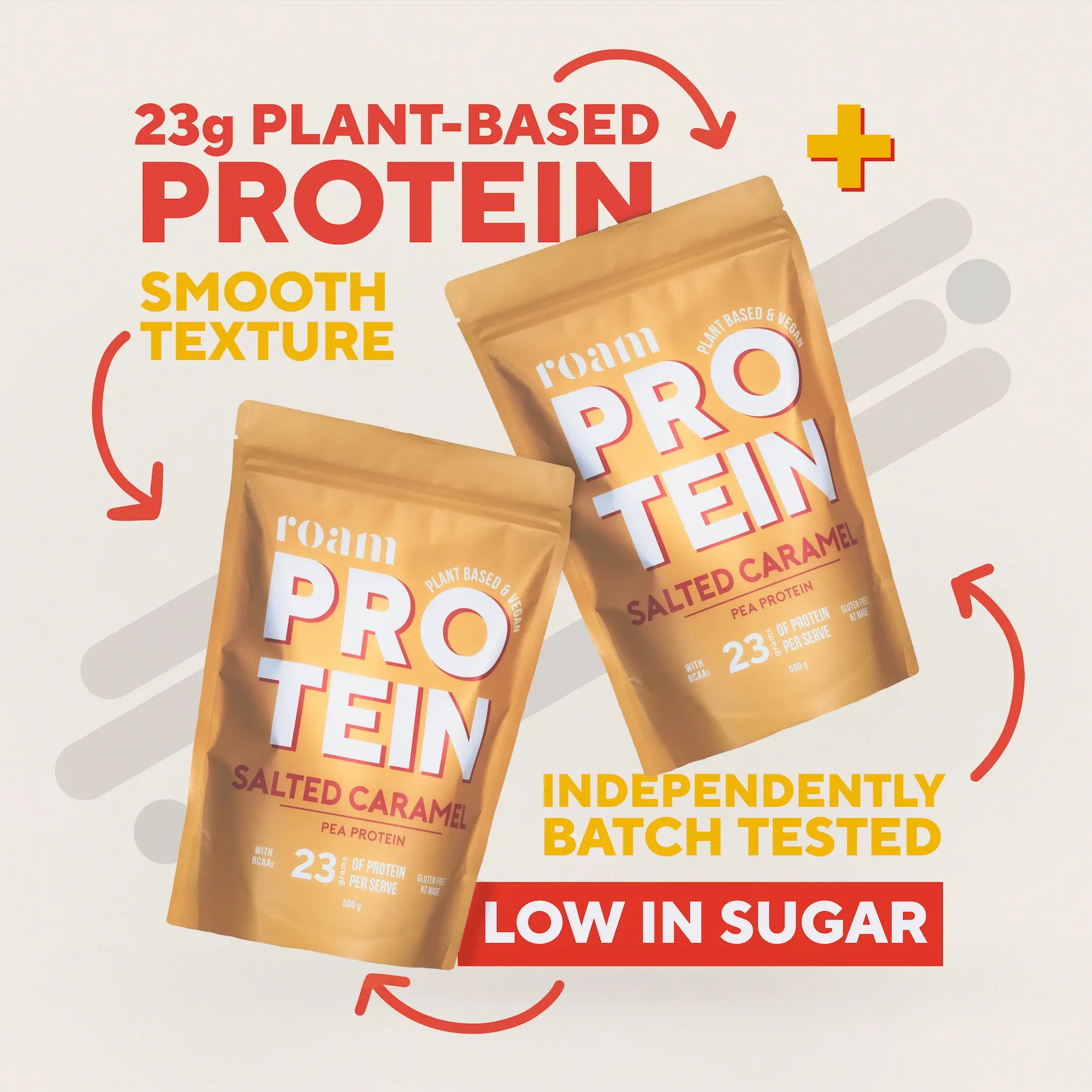BCAAs, EAAs, AAs, Incomplete and Complete Protein – what does it all mean?
Ok, suppose you decide to research protein and how to make the most of it in your diet. A quick search online may leave you wondering about various types of proteins: complete and incomplete proteins, Branched chain Amino Acid (BCAAs), and essential and non-essential amino acids. This language can quickly become confusing. Knowing what these terms mean will help you to navigate various protein products on the market. Read on!

Essential vs non-essential amino acids
There are 20 different amino acids that the body uses to make proteins, and all of them are important. However, nine amino acids cannot be produced by your body from intermediate molecules and must be obtained from your food. They are called essential amino acids (EAAs): histidine, isoleucine, Leucine, lysine, methionine, phenylalanine, threonine, tryptophan, and valine.
Our bodies are constantly using amino acids to carry out essential bodily functions, so we need to regularly replenish these amino acid stores by consuming protein-rich foods. Unlike EAAs, your body is capable of producing non-essential amino acids, from other amino acids and compounds.
If you are wondering why your body is not able to produce all amino acids, the answer to this is hidden in our evolutionary past. Producing amino acids in the body is a costly process (accumulating and transporting amino acid compounds and enzymes around the body).
As humans gained more reliable access to protein-rich foods, our bodies slowly lost the ability to produce some amino acids, saving that extra energy for other vital bodily functions. The key takeaway? Ensure that you get enough dietary protein so that you meet your essential amino acid needs [1].

Branched-chain amino acids (BCAAs)
You may have heard people talk about and promote a sub-group of
essential amino acids called branched-chain amino acids (BCAAs) and their benefits for exercise performance, recovery, and muscle growth. These amino acids are leucine, isoleucine, and valine.
BCAAs are unique in their structure, which allows them to bypass metabolism in the liver, unlike other amino acids. BCAAs are readily absorbed in the muscles and have important physiological roles, from regulating carbohydrate metabolism and muscle growth, to serving as an alternative energy source during endurance exercise.
You can now find many BCAA products on the market (in powder and tablet form), which athletes use in the hope of improving exercise performance, growing muscle and speeding-up recovery after a workout.
However, there is limited evidence that supplementation with BCAAs improves exercise performance and promotes muscle growth [2]. This is one of the reasons the Australian Institute of Sport (AIS) added BCAAs into the C group of supplements, meaning that scientific evidence does not support benefits for exercise performance amongst athletes [3]. The consistent message coming from multiple research studies is that individuals see no extra benefit from selectively consuming BCAAs when they are meeting daily protein needs.
The key takeaway?
Prioritise your overall protein consumption. If you’re eating enough protein from a variety of sources, it’s very likely that you are consuming enough BCAAs anyway, and there is no need to supplement with a BCAA-specific product. Also remember, that regular foods and protein powders, like Roam Protein, also contain BCAAs.
Check out our protein calculator to estimate your daily protein needs.

Complete vs incomplete protein
While it sounds like a big difference, we consume various foods that contain complete or incomplete proteins. A complete protein is a protein source that has all nine essential amino acids, at the right quantities - like eggs.
Complete proteins are mostly found in animal-based products, while plant-based products (including vegan protein powders) usually lack or have smaller amounts of one or two amino acids. For example, methionine is found in smaller amounts in both pea and soy protein and lysine in rice protein; hence these sources are considered incomplete protein sources.
However, that doesn't mean that plant-based proteins are not good protein sources. Eating a variety of plant and animal-based foods or mixing different sources of plant proteins ensures that you obtain all EAAs for your body's needs.
Again, the key takeaway is to ensure that you are getting enough protein each day from a range of foods.
Interested to learn more? Check out our 101 on Protein Guide: Everything You Need To Know. It's free to download!
Roam Protein

 Protein Variety Pack – 90g Protein (3 Flavours)
Protein Variety Pack – 90g Protein (3 Flavours)Protein Variety Pack – 90g Protein (3 Flavours)
$29.99 Sale price$38.97

